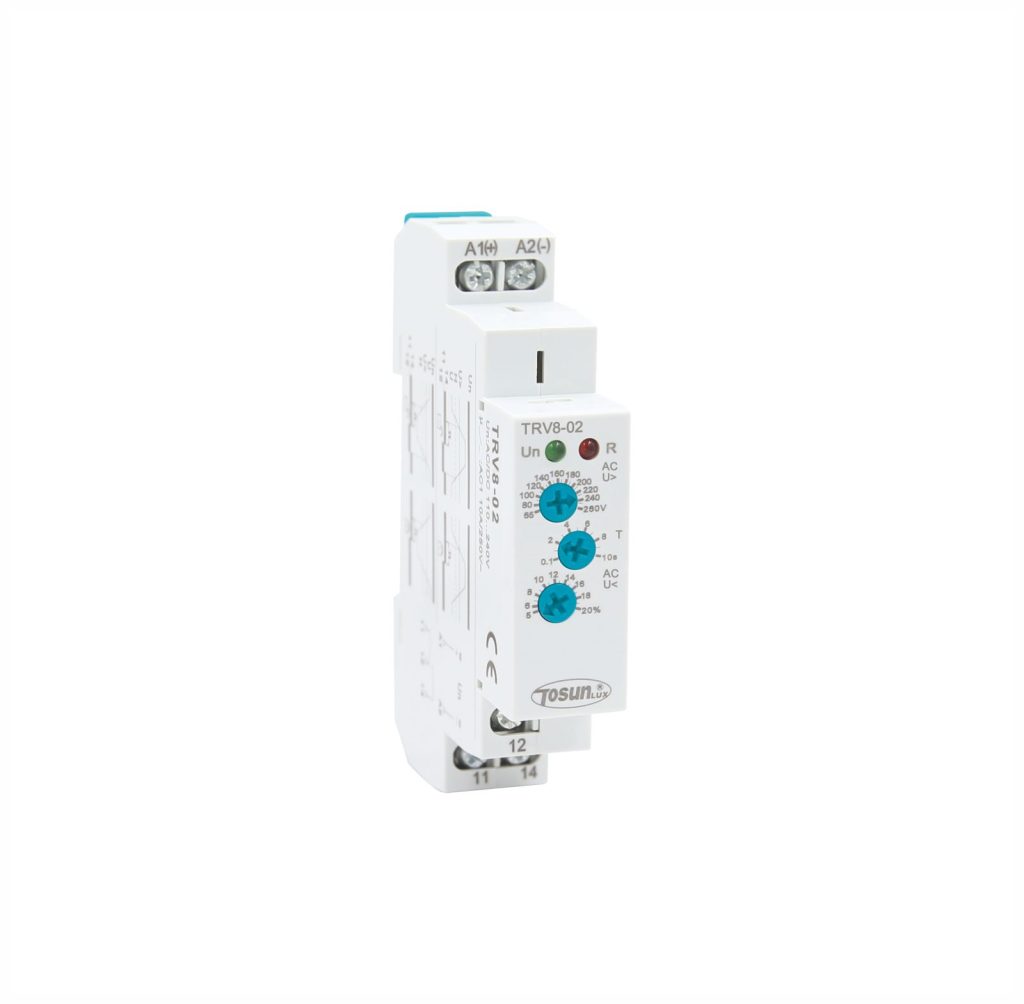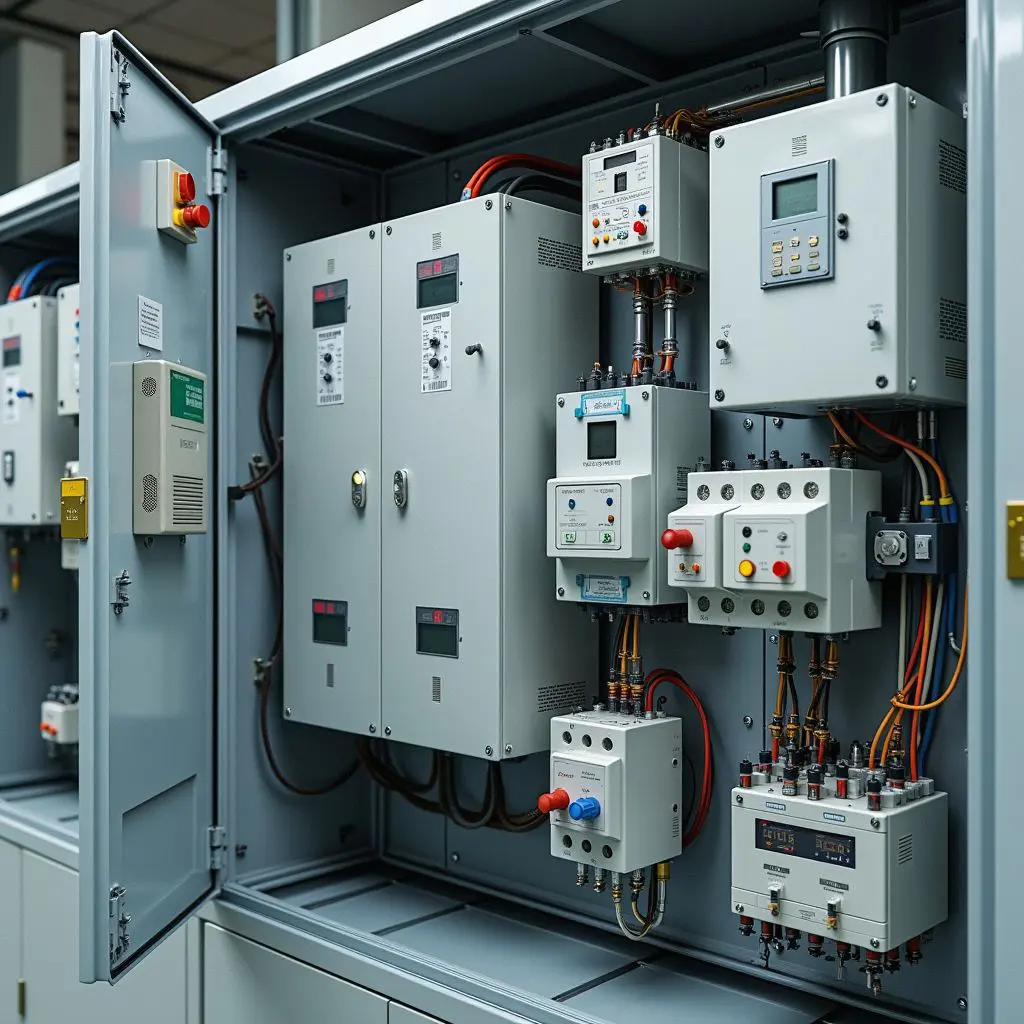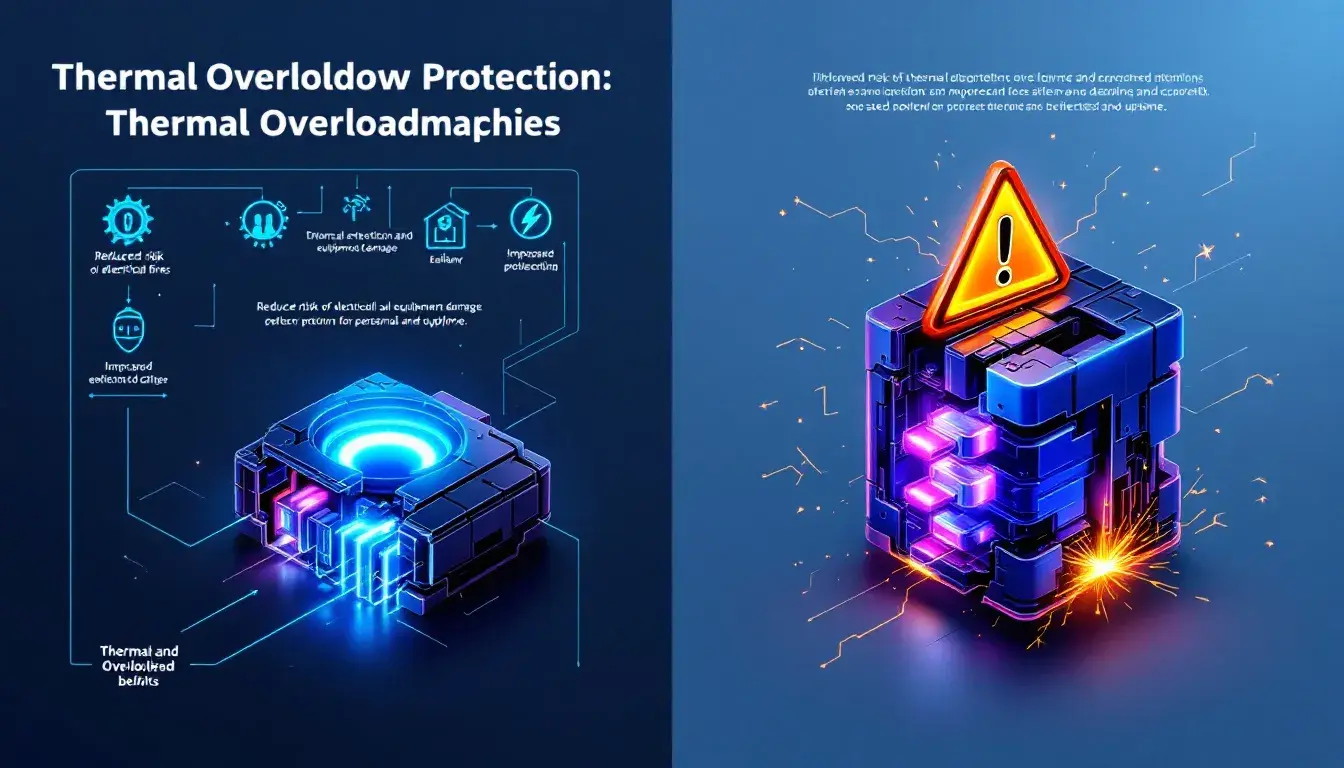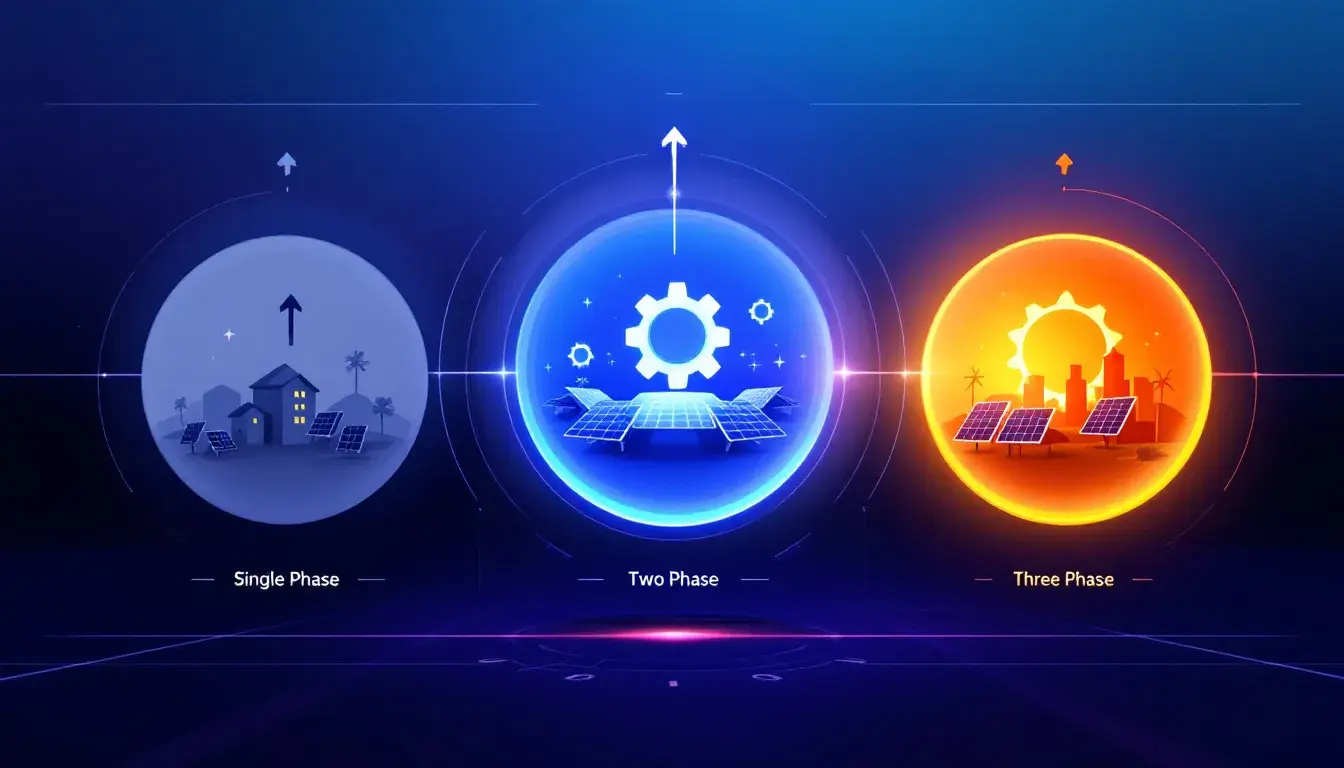Voltage Monitoring Relays Working Principle
Table of Contents
ToggleDid you know that voltage fluctuations can lead to equipment damage, costing businesses thousands in repairs? Voltage Monitoring Relays are a type of electrical relays that act as unsung heroes in preventing these costly issues.
In this article, we’ll explore these devices in simple terms, explaining how they work and why they are crucial for your electrical systems. You’ll learn about their key features, like phase sequence monitoring, and how they protect both single-phase and three-phase systems.
By the end, you’ll understand how these relays act as vigilant guardians, ensuring your equipment runs safely and efficiently. Stay with us to discover how Voltage Monitoring Relays can save you money and keep your operations smooth.
What is a Voltage Monitoring Relay?

A Voltage Monitoring Relay is an electrically operated switch that watches over the voltage levels in electrical systems. It protects your equipment from problems like too much voltage (over-voltage) or too little voltage (under-voltage), which can cause damage. It also shields the control switch from sudden voltage spikes, ensuring the whole system works well.
These relays are often used in homes, businesses, and factories to stop electrical problems before they start. They work with both single-phase and three-phase systems. For example, they can safeguard motors by checking the voltage and stopping them if something is wrong.
Think of a Voltage Monitoring Relay as a security guard for your electrical systems. It keeps everything in check, making sure your equipment stays safe. If the voltage in your system goes beyond a safe limit, like above 240 volts or below 200 volts, the relay will quickly act to prevent any damage. It can even help keep your motor from overheating by monitoring its temperature.
In short, a Voltage Monitoring Relay is essential for keeping your electrical systems running smoothly and safely.
Voltage Monitoring Relay Working Principle

Voltage Monitoring Relays are essential tools for protecting electrical systems from voltage issues. Unlike an electromechanical relay, which uses mechanical movement to open or close contacts, a voltage monitoring relay uses electronic circuits to ensure precise control. They ensure that equipment operates safely by monitoring voltage levels and responding to problems like over-voltage or under-voltage.
How It Works with Input Voltage
- Monitoring Voltage: The relay constantly checks the input voltage in your system. For instance, it can detect if the voltage exceeds 240 volts or falls below 200 volts.
- Detecting Issues: If the relay identifies a voltage problem, such as a phase failure or asymmetric voltage, it acts quickly to prevent damage by shutting down the power supply. It uses internal switching contacts to switch power on or off to manage the electrical flow and prevent damage.
- Restoring Power: Once the issue is resolved, the relay automatically restores power to the equipment, ensuring minimal disruption.
Benefits of a Control Circuit
- Protection: It safeguards motors and other equipment from high voltage-related damage. For example, it prevents overheating by monitoring motor temperatures.
- Versatility: Suitable for both single-phase and three-phase systems, making it ideal for homes, businesses, and industrial settings. Single pole double throw relays offer versatility in various configurations and applications.
- Automatic Operation: The relay automatically turns the load back on once the voltage stabilizes, offering convenience and peace of mind.

Key Features of Electromechanical Relays
Phase Sequence Monitoring: Ensures that all three voltages have the same magnitude and frequency, separated by 120 degrees electrically. Some models include double throw relays, which offer two switch specifications for normally open and normally closed terminals.
Preset Thresholds: Such relays de-energize or close switch contacts if voltage drops below a set level, preventing potential damage.
In summary, a Voltage Monitoring Relay acts like a vigilant security guard for your electrical systems, ensuring everything runs smoothly and safely. It’s a crucial component for maintaining the
Conclusion
Voltage Monitoring Relays are critical in protecting electrical systems from voltage fluctuations, preventing costly equipment damage. They monitor input voltage, detect issues like over-voltage or under-voltage, and restore power automatically once resolved. These relays are versatile for single-phase and three-phase systems, offering features like phase sequence monitoring and preset thresholds. Ensure your equipment’s safety and efficiency with these essential devices.
TOSUNlux is a leading provider of low-voltage electrical distribution and lighting products, known for its commitment to quality and innovation. With a diverse product range, TOSUNlux ensures reliable solutions for homes, businesses, and industrial settings. Their offerings include circuit breakers, voltage monitoring relays, and various lighting solutions, all designed to enhance safety and efficiency. TOSUNlux prides itself on excellent customer service and a global presence, making it a trusted partner in electrical system management. Choose TOSUNlux for dependable products that safeguard your operations from electrical mishaps.
Tel: +86-577-88671000
E-mail: ceo@tosun.com
Skype: tosunelectric
Wechat: +86-139 6881 9286
WhatsApp: +86-139 0587 7291
Address: Room No.1001 Wenzhou Fortune Center,Station Road, Wenzhou, China
REQUEST A QUOTE
WhatsApp us
 : +86-139 0587 7291
: +86-139 0587 7291 English
English Español
Español Русский
Русский Français
Français العربية
العربية Português do Brasil
Português do Brasil Українська
Українська Türkçe
Türkçe Polski
Polski Nederlands
Nederlands Italiano
Italiano Bahasa Indonesia
Bahasa Indonesia हिन्दी
हिन्दी اردو
اردو አማርኛ
አማርኛ Հայերեն
Հայերեն ไทย
ไทย Монгол
Монгол فارسی
فارسی Shqip
Shqip Ελληνικά
Ελληνικά


